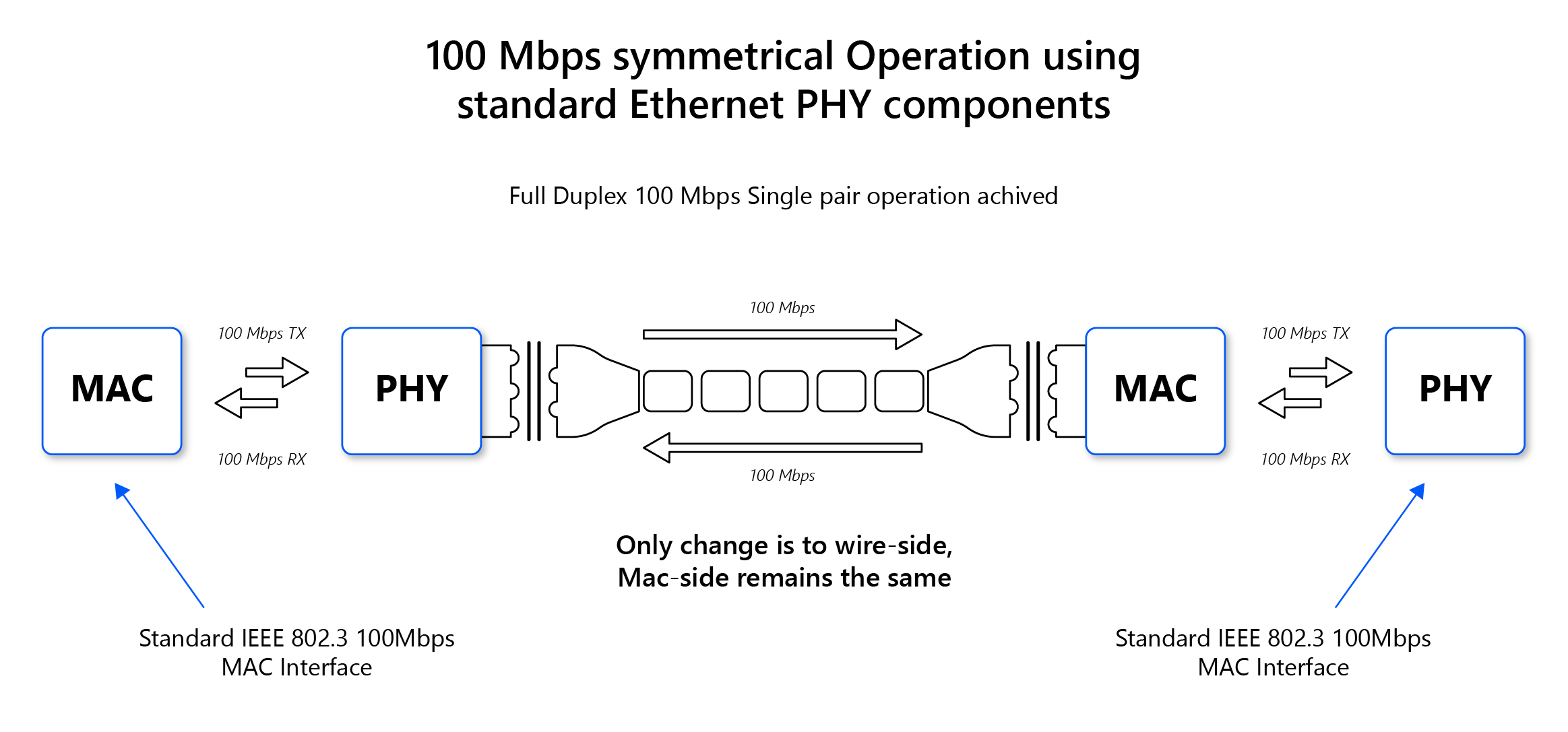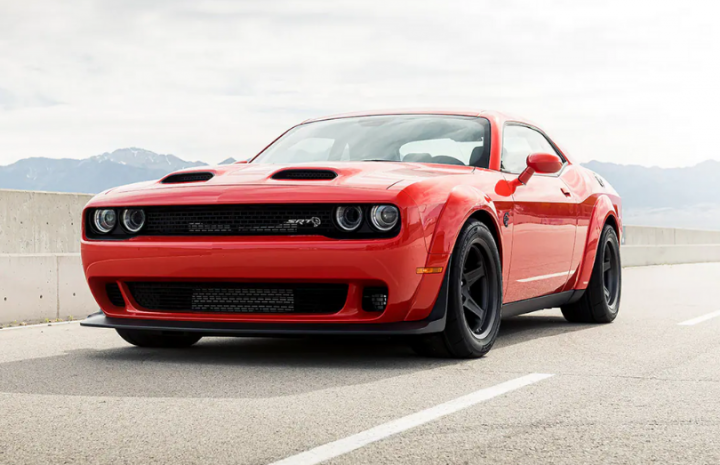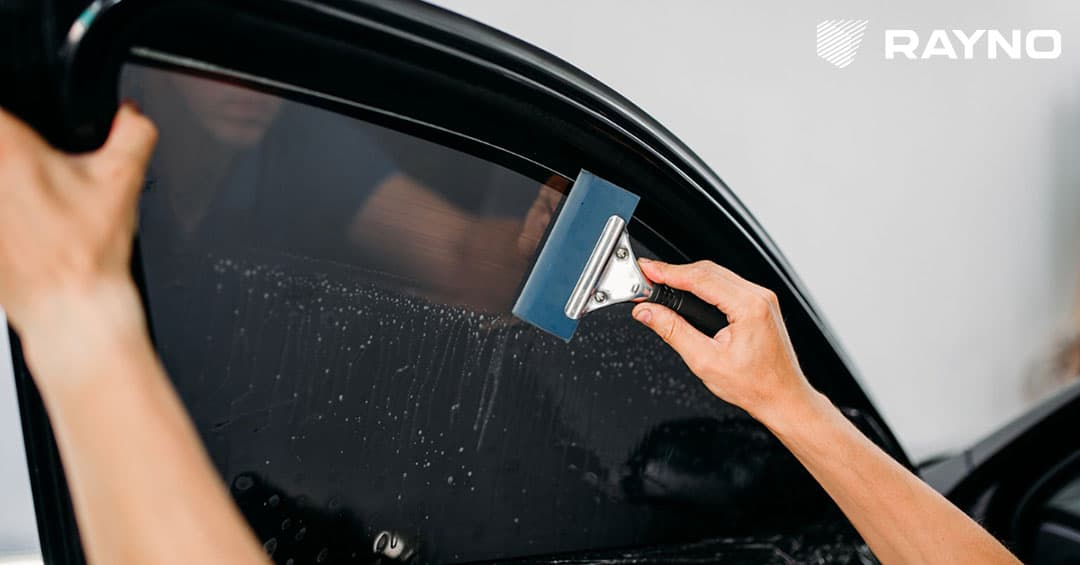Common Automotive Questions: Expert Answers for Car Owners
Common automotive questions: expert answers for car owners
Vehicles are complex machines that can sometimes leave yet experienced owners scratch their heads. Whether you’re a new driver or have been behind the wheel for decades, questions about maintenance, performance, and troubleshooting needs arise. This comprehensive guide address the about common automotive questions with straightforward, expert answers.
Essential maintenance questions
How frequently should I change my oil?
Modern vehicles typically need oil changes every 5,000 to 10,000 miles, depend on the manufacturer’s recommendations. Nonetheless, several factors can affect this interval:
- Conventional oil broadly requires changes every 3,000 5,000 miles
- Synthetic oil can last 7,500 10,000 miles or more
- Severe driving conditions (short trips, extreme temperatures, tow )may require more frequent changes
- Some newer vehicles have oil monitoring systems that alert you when a change is needed
Invariably check your owner’s manual for the manufacturer’s specific recommendations for your vehicle model.
When should I replace my tires?
Tires typically last between 25,000 and 50,000 miles depend on drive habits, road conditions, and tire quality. The penny test is a reliable way to check tread depth: insert a penny into the tread with Lincoln’s head top pile. If you can see the top of Lincoln’s head, your tread depth is less than 2/32 inch, and it’s time for new tires.
Other signs that indicate tire replacement include:
- Visible tread wear indicators (rubber bars that appear when tread is wear down )
- Cracks or bulges in the sidewall
- Frequent loss of pressure
- Excessive vibration while drive
How frequently should brake pads be replaced?
Brake pads typically last between 30,000 and 70,000 miles. The wide range depend on drive habits, environment, and brake pad quality. City drive with frequent stops wear brakes fasting than highway drive.
Signs that your brake pads need replacement include:
- Squealing or grind noises when brake
- Vibration or pulsation when brake
- Longsighted stop distances
- Brake warn light illumination
- Visible wear (less than 1/4 inch of pad material remain )
Performance and troubleshooting questions
Why’s my check engine light on?
The check engine light can illuminate for numerous reasons, range from simple to complex:
- Loose or damaged gas cap
- Oxygen sensor failure
- Catalytic converter issues
- Mass airflow sensor malfunction
- Spark plug or ignition coil problems
- Emission control system faults
When the light come on, the vehicle’s computer stores a diagnostic trouble code (dDTC) Most auto parts stores will scan these codes for free, helping will identify the specific issue. While some causes are minor, others require immediate attention to prevent further damage.
What cause poor fuel economy?
If you’ve noticed your vehicle consume more fuel than usual, several factors might be responsible:
- Underinflated tires (can reduce fuel efficiency by up to 3 % )
- Dirty air filters (can impact efficiency by up to 10 % in older vehicles )
- Malfunction oxygen sensors
- Dirty or worn spark plugs
- Drive habits (aggressive acceleration, excessive idling, speeding )
- Excess weight in the vehicle
- Use the wrong motor oil viscosity
- Faulty fuel injectors or fuel system issues
Regular maintenance and mindful driving habits can importantly improve fuel economy.
Why does my car make strange noises?
Different noises can indicate specific problems:
-
Squeal under the hood:
Oftentimes indicate a loose or worn belt -
Grind when braked:
Normally mean brake pads are entirely worn -
Click when turning:
May indicate CV joint problems -
Knock from the engine:
Could be due to poor quality fuel, incorrect spark timing, or serious engine issues -
Hiss:
Oftentimes relate to a vacuum leak or coolant leak -
Rattle underneath:
May indicate a loose exhaust component
Unusual noises should ne’er be will ignore, as they oftentimes will signal problems that will worsen over time.
Battery and electrical system questions
How hanker do car batteries last place?
The average car battery last 3 5 years, though this varies base on climate, driving habits, and vehicle electrical demands. Extreme temperatures — both hot and cold — can shorten battery life importantly. Signs of a fail battery include:
- Slow engine cranking when start
- Dim headlights, particularly at idle
- Battery warning light on the dashboard
- Electrical components function inconsistently
- Swollen battery case
- Rotten egg smell (indicate battery leakage )
Have your battery test regularly during routine maintenance can help predict failure before it leave you strand.
Why won’t my car start?
When your vehicle won’t will start, several systems could be at fault:
-
If you hear nothing:
Potential a dead battery, loose battery connections, or starter issues -
If you hear clicking:
Normally indicate a weak battery or starter problem -
If the engine cranks but won’t will start:
Could be fuel delivery issues, ignition problems, or engine timing -
If it starts but instantly die:
Oftentimes relate to the fuel system or idle control
Additional causes might include security system malfunctions, blow fuses, or faulty ignition switches.
Fluid and cooling system questions
What fluids should I check regularly?
Regular fluid checks are essential for vehicle longevity. The key fluids to monitor include:

Source: expressyuma.com
-
Engine oil:
Check monthly; should be amber to light brown when clean -
Coolant / antifreeze:
Check quarterly; should be at the full mark when cool -
Brake fluid:
Check double annually; should be clear to amber -
Transmission fluid:
Check quarterly; should be red or pink (not brown or burn smell ) -
Power steering fluid:
Check quarterly; should be clear, amber, or pink -
Windshield washer fluid:
Check monthly, specially before winter
Invariably check fluids when the engine is cool (except for transmission fluid, which typically require a warm engine )
Why’s my car overheat?
Engine overheating can cause severe damage if not address quick. Common causes include:
- Low coolant level due to leaks
- Faulty thermostat (stick closed )
- Malfunctioning water pump
- Clogged radiator
- Fail cool fan
- Block coolant passages from mineral buildup
- Head gasket failure
If your temperature gauge enters the red zon, orr you see steam from under the hood, pull terminated instantly, turn off the engine, and allow it to cool before investigate.
Tire and alignment questions
What’s the proper tire pressure?
The correct tire pressure is specified by the vehicle manufacturer, not the tire itself. This information is typicallfoundnd:
- On a sticker inside the driver’s door jamb
- In the owner’s manual
- Sometimes inside the fuel door
Most passenger vehicles recommend between 32 35 psi. Proper inflation improve fuel economy, extend tire life, and enhance safety. Check pressure when tires are cold for the nigh accurate reading.
How do I know if I need an alignment?
Alignment issues affect handling, tire wear, and fuel efficiency. Signs that your vehicle need an alignment include:
- Uneven or rapid tire wear
- Vehicle pull to one side while drive on a straight, level road
- Steer wheel off center when drive flat
- Steer wheel vibration
- Squealing tires, peculiarly during turns
Most manufacturers recommend check alignment yearly or after hit significant potholes, curbs, or experience other impacts.
Seasonal maintenance questions
How should I prepare my car for winter?
Winter preparation help ensure reliability in challenging conditions:

Source: jobsjaano.com
- Test the battery (cold weather reduce battery capacity )
- Check antifreeze strength and level
- Switch to winter grade oil if recommend
- Install winter wiper blades and fill washer fluid with winter grade solution
- Inspect tire tread and consider winter tires for severe conditions
- Check heater and defroster operation
- Pack an emergency kit with blankets, flashlight, snacks, and other essentials
What summer maintenance is essential?
Hot weather present different challenges for vehicles:
- Check air conditioning performance
- Ensure cool system is clean and function decent
- Test battery (heat accelerate battery deterioration )
- Check tire pressure more oftentimes (heat increases pressure )
- Verify all fluid levels, specially coolant
- Consider a coolant flush if it hasn’t been done lately
- Check belts and hoses for cracks from heat exposure
Buying and selling questions
How can I check a used car’s history?
When purchase a use vehicle, investigate its history is crucial:
- Obtain a vehicle history report use the VIN (from services like cCARFAXor autocheck )
- Check for title problems, accidents, flood damage, and odometer discrepancies
- Verify service records if available
- Have a trust mechanic perform a pre-purchase inspection
- Research common problems for the specific make, model, and year
- Check for open recalls at the NHTSA website
When’s the best time to sell my car?
Strategic timing can maximize your vehicle’s resale value:
- Convertibles and sports cars typically sell for more in spring and summer
- SUVs and AWD vehicles oftentimes command higher prices in fall and winter
- Sell before major maintenance milestones (100 k miles )can prevent value drop
- Consider market conditions — sell when fuel prices are high may benefit efficient vehicles
- Avoid wait until your car develop serious mechanical problems
Insurance and legal questions
What car insurance coverage do I need?
Insurance needs to vary base on your situation, but understand the basic types help make informed decisions:
-
Liability:
Covers damage you cause to others (require in most states ) -
Collision:
Covers damage to your vehicle from accidents -
Comprehensive:
Cover non collision damage (theft, weather, vandalism ) -
Uninsured / underinsured motorist:
Protect you if hit by a driver with insufficient coverage -
Personal injury protection:
Covers medical expenses careless of fault -
Gap insurance:
Cover the difference between your car’s value and loan balance if total
Consider your vehicle’s value, your assets, and your risk tolerance when select coverage levels.
What should I do after a car accident?
Follow the proper steps after an accident protect your safety and legal interests:
- Ensure safety firstly — move to a safe location if possible
- Call emergency services if there be injuries
- Exchange information with other drivers (license, registration, insurance )
- Document the scene with photos
- Obtain witness contact information
- File a police report, flush for minor accidents
- Notify your insurance company quickly
- Seek medical attention regular if injuries seem minor
- Keep records of all accident relate expenses
Fuel economy and environmental questions
How can I improve my gas mileage?
Maximize fuel efficiency save money and reduce environmental impact:
- Maintain proper tire pressure
- Remove excess weight from the vehicle
- Use cruise control on highways
- Avoid excessive idling (over 10 seconds )
- Combine errand into single trips
- Accelerate gradually and anticipate stops
- Follow the recommend maintenance schedule
- Use the recommend grade of motor oil
- Keep windows close at highway speeds
- Limit air conditioning use when possible
Is premium fuel worth the extra cost?
Whether premium fuel benefits your vehicle depend mainly on its design:
- For vehicles that require premium fuel, use regular can cause engine knock and potential damage
- For vehicles that recommend but don’t require premium, you may notice somewhat reduce performance with regular gas
- For vehicles design for regular fuel, premium offer no benefit and waste money
Check your owner’s manual to determine what your vehicle need. Modern engine management systems can frequently adjust to different fuel grades, but follow manufacturer recommendations is best.
Advanced driver assistance systems questions
How do I maintain modern safety systems?
Advanced driver assistance systems (aAdas)require special consideration:
- Keep sensors and cameras clean, specially during inclement weather
- Be aware that windshield replacement may require Adas recalibration
- After alignment work, systems like lane keep assist may need recalibration
- Don’t place objects on the dashboard that could interfere with sensors
- Report unusual system behavior to your dealer quickly
- Stay current with software update for your vehicle
Should I disable automatic start stop technology?
Auto start stop systems, which shut off the engine at idle to save fuel, generate mixed reactions:
- These systems are design for durability with reinforce starters and batteries
- Fuel savings typically range from 3 10 %, mainly in city drive
- Most vehicles allow temporarily disable the system, but it reactivates at restart
- Concerns about additional wear are loosely unfounded in right design systems
- In extreme temperatures or when tow, disable may be beneficial
Conclusion
Understand your vehicle’s needs and address issues quickly lead to safer, more reliable transportation and reduce long term costs. While this guide cover many common automotive questions, remember that your vehicle’s owner’s manual remain the authoritative source for specific maintenance requirements and operating procedures.
For complex issues, consult with a qualified mechanic or dealership service department ensure proper diagnosis and repair. With proper care and attention, modern vehicles can provide hundreds of thousands of miles of dependable service.


